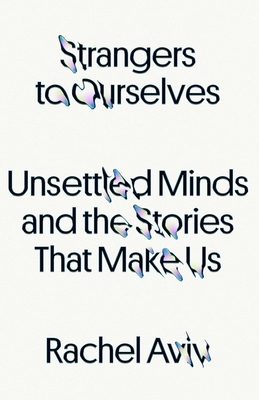The fact that language mediates reality is one of those human conditions which can feel banal to remark upon. Rachel Aviv argues for its peculiarity and interest in her sparkling debut, Strangers to Ourselves: Unsettled Minds and the Stories That Make Us (Farrar, Straus and Giroux), through stories about the language and literature of mental illness.
Ethical conundrums, especially those that appear in medical contexts, are the classic Aviv subject. They will be familiar to her readers in the New Yorker, where she has been a staff writer for a decade. In 2011, she wrote in the magazine about patients who reject their diagnoses, taking seriously the “catch-22” punchline of Joseph Heller’s novel—that is, an insane person whose insanity is proven by his belief in his own sanity. This basic principle, that mental illness is culture-bound in its pathology and its treatment, is extended here to frightening and very well-documented dimensions.
Aviv blends case study with analysis in an appealing and very New Yorker-ish way, letting themes emerge through the telling more than in the teaching. One of her subjects sued his own doctors for making his life worse instead of better, and wrote a memoir called A Symbolic Death: The Untold Story of One of the Most Shameful Scandals in American Psychiatric History (It Happened to Me). Another is a woman whom some people see as a saint, and others see as a noncompliant patient. Another is Aviv herself as a small child. In each story, meaningful ambiguity hovers over the question of who has the authority to litigate what is “real” and what is madness.
Ultimately, Aviv here studies the role of narrative in cognition itself, and vice versa. She finds precise places in culture where words and bodies and minds and stories become indistinguishable, making questions of interpretation—which may determine who is or is not committed to medical custody—simultaneously unanswerable and compulsory.



